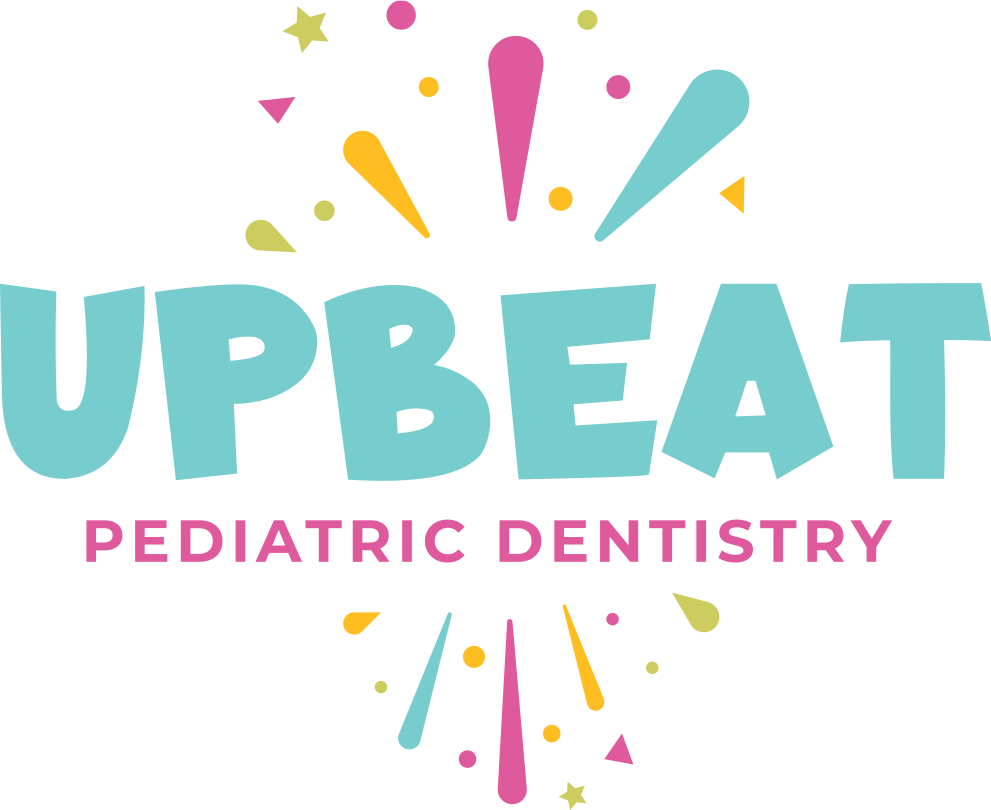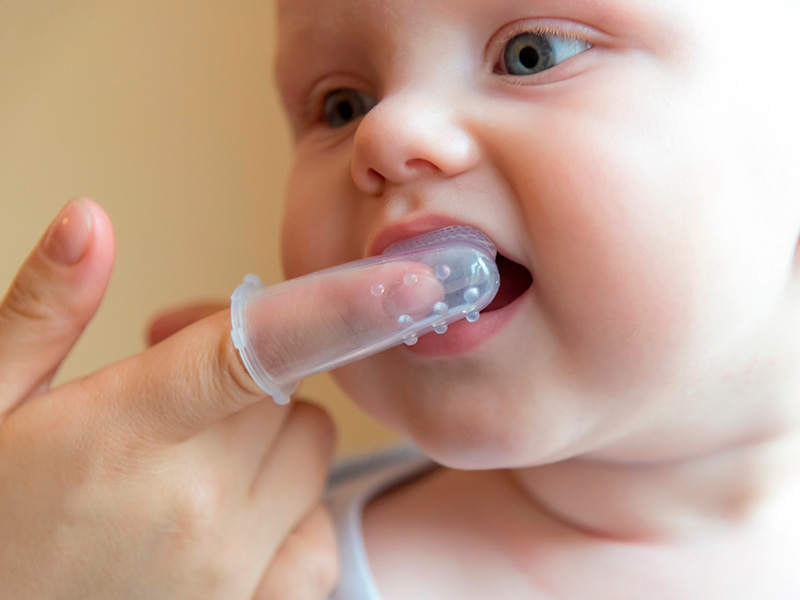Braces are a remarkable orthodontic tool that can correct misaligned teeth, improve oral health, and boost self-esteem. If your child is embarking on a journey to a straighter smile, you’re already investing in their long-term oral well-being.
But caring for braces and maintaining good oral hygiene is essential to ensure the success of the treatment.
In this blogpost, we’ll explore valuable tips and insights on how to care for your child’s braces and keep their smile on track.
Maintain Excellent Oral Hygiene
Oral hygiene is paramount when your child has braces. Braces create additional surfaces where food particles and plaque can accumulate, increasing the risk of tooth decay and gum issues.
Encourage your child to brush their teeth after every meal and before bedtime, using a soft-bristle toothbrush and fluoride toothpaste. Flossing should be a daily routine as well. Special orthodontic brushes or water flossers can be useful for cleaning between wires and brackets.
Attend Regular Orthodontic Appointments
Regular appointments with your orthodontist are crucial to monitor your child’s progress and make any necessary adjustments. These visits are opportunities to address any concerns and ensure the braces are working as intended.
Follow Dietary Guidelines
Certain foods can damage braces or get stuck in them, leading to discomfort and potential damage to the orthodontic appliances. It’s best to avoid hard, sticky, or overly chewy foods. Cut crunchy fruits and vegetables into smaller, manageable pieces to minimize the risk of damaging braces.
Use Orthodontic Wax
Brackets and wires may occasionally irritate the soft tissues of the mouth, causing discomfort or small sores. Orthodontic wax can be used to cover sharp or bothersome edges, providing relief.
Protect Against Sports Injuries
If your child participates in sports, make sure they wear a mouthguard to protect their braces and teeth during physical activities. Custom-fitted mouthguards are often recommended for the best protection.
Avoid Non-Food Items
Sometimes, children may develop habits like chewing on pens, pencils, or their nails. Discourage these habits, as they can lead to damage to braces or injuries.
Consult Your Orthodontist
If you have any questions or concerns about your child’s braces, don’t hesitate to contact your orthodontist. They can provide valuable advice and guidance to ensure the success of the treatment.
Be Patient
Adjusting to braces can be challenging, especially during the initial days. Your child may experience some discomfort as their teeth and mouth adapt to the changes. However, it’s essential to reassure them that this is a temporary phase, and the end result will be a beautiful, healthy smile.
A Brighter Future with a Beautiful Smile
Caring for your child’s braces is an investment in their future, both in terms of oral health and self-esteem. A straight, healthy smile can provide your child with confidence and improved overall well-being.



